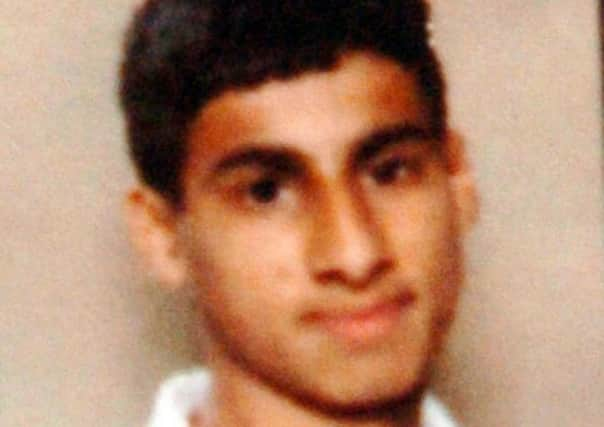Poignant day on the way as 7/7 attacks marked


Survivors of the 7/7 bombings and relatives of those who died will join David Cameron, London Mayor Boris Johnson, other politicians and members of the emergency services at memorial events on July 7.
Firefighters, London Underground staff, paramedics and passengers caught up in the horrors of a decade ago will mark the anniversary in different ways.
Advertisement
Hide AdAdvertisement
Hide AdMany will attend memorial events, some will return to the scenes of the bombs which ripped though Tube trains and a London bus while others do not want to remember.
The terror attack in Tunisia, another Islamist extremist atrocity which claimed the lives of innocent Britons, is likely to make July 7 all the more poignant for many.
Jeff Porter, who was driving a Tube in the opposite direction to one which exploded, is going to the seaside for a few days while David Boyce, one of the first London Underground` staff to realise a bomb had exploded near Russell Square, will return to the station to pay his respects.
Memories of the fateful day will come flooding back for the hundreds of innocent passengers and many heroes who dealt with the outrage. July 7 2005 had dawned with London still elated from learning the previous day that it had won the 2012 Olympics, but euphoria was short-lived.
Advertisement
Hide AdAdvertisement
Hide AdSuicide bombers Mohammed Sidique Khan, 30, Shehzad Tanweer, 22, Hasib Hussain, 18, and Jermaine Lindsay, 19, met at Luton station that morning.
They took a train to King’s Cross in London, then hugged and separated to carry out their deadly missions.
Within three minutes of 8.50am, Tanweer detonated his bomb at Aldgate, Khan set his device off at Edgware Road and Lindsay blew himself up between King’s Cross and Russell Square.
Hussain detonated his device on board the number 30 bus at Tavistock Square at 9.47am.
Advertisement
Hide AdAdvertisement
Hide AdTwenty-six died in the bombing at Russell Square on the Piccadilly line, six died in the attack at Edgware Road on the Circle Line, seven died in the blast at Aldgate on the Circle Line and 13 died in the explosion on the number 30 bus at Tavistock Square.
A fortnight later, another four would-be suicide bombers launched failed attacks on the Tube and a bus, leading to police marksmen shooting dead innocent Brazilian Jean Charles de Menezes.
Many police officers, firefighters, paramedics and London Underground staff displayed extraordinary bravery in descending into dark and smoke-filled Tube tunnels, aware that they could face further bombs.
Speaking for the first time since the attacks Pc Tom Woods, the Metropolitan Police officer was one of the first to arrive on the horrific scene of the Edgware Road Underground station explosion, where six innocent people were killed and 163 were injured.
Advertisement
Hide AdAdvertisement
Hide AdHe said: “You are walking through an empty train which starts off by being exactly as it was when it left the station that morning.
“Then by the time you stop walking you are looking through a window at the end which is black. It is almost like the world (and) the whole train ended at that point. Beyond that was the blast and everybody who had been seriously injured.”
An inquest in 2011 heard that their ability to help the injured and dying was restricted by issues ranging from equipment shortages to delays in reaching the scenes of the attacks.